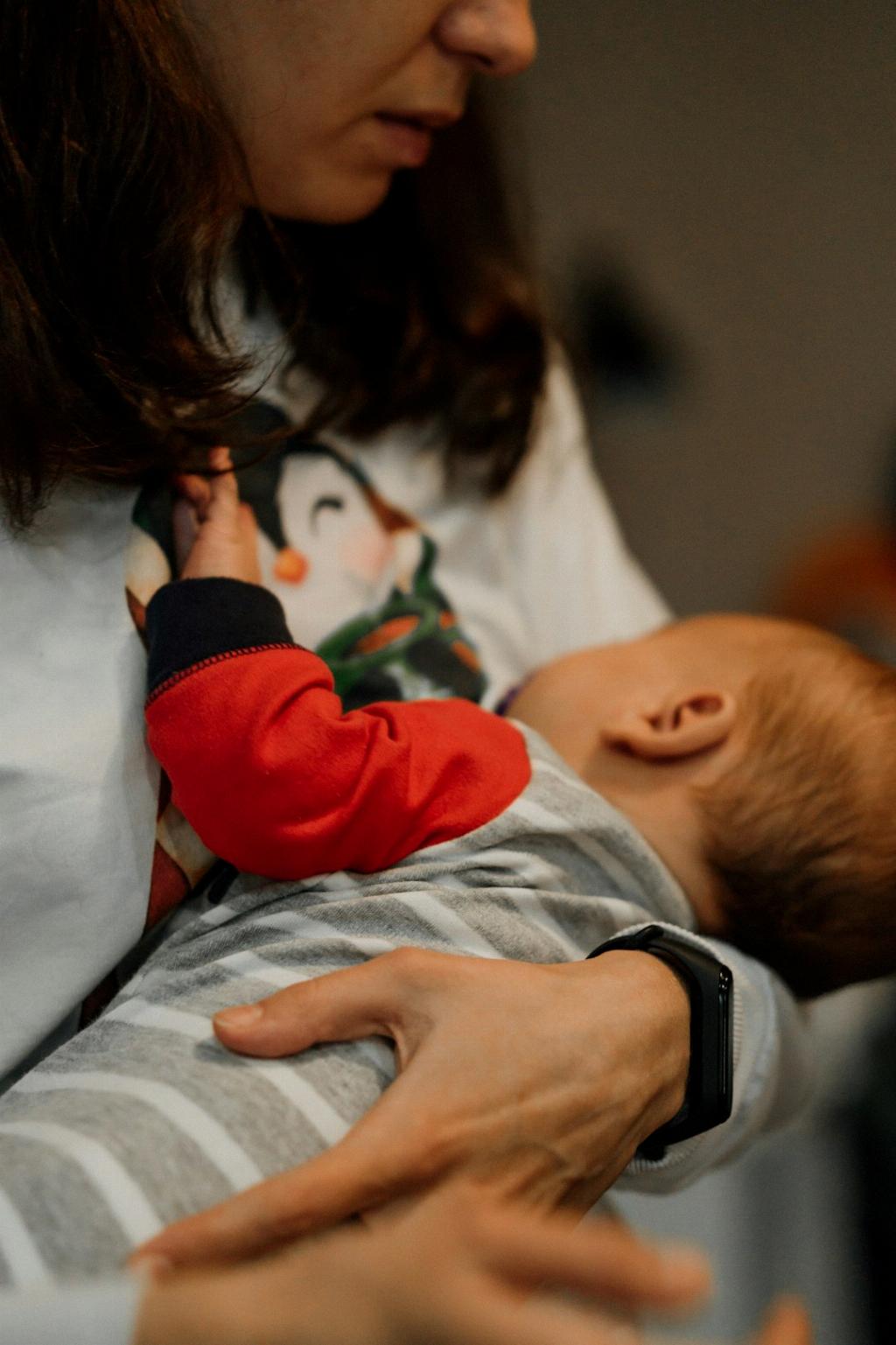When it comes to breastfeeding, one of the most common questions that many parents have is about the recommended age to stop breastfeeding. The American Academy of Pediatrics and the World Health Organization provide clear guidelines on this topic, recommending exclusive breastfeeding for about the first 6 months of a baby’s life. Following this, they suggest continued breastfeeding along with appropriate complementary foods for up to 2 years of age or older.
With these guidelines in mind, it is important to understand that there is no set age at which breastfeeding must stop. Every child is unique, and their journey with breastfeeding will vary. Some children may naturally wean themselves off breastfeeding before the age of 2, while others may continue beyond that age. It is essential for parents to listen to their child’s cues and decide together what is best for their individual situation.
Continuing breastfeeding beyond infancy can provide numerous benefits for both the child and the mother. Breast milk continues to provide essential nutrients, antibodies, and comfort to the child, helping to boost their immune system and promote healthy growth and development. For the mother, breastfeeding can help to reduce the risk of certain health conditions and create a strong bond with their child.
It is crucial for parents to approach the topic of weaning with sensitivity and understanding. Weaning can be a gradual process, allowing the child to slowly transition to other forms of nutrition while still maintaining the emotional connection that breastfeeding provides. It is important to create a supportive and nurturing environment during this time, ensuring that both the child and the mother feel comfortable with the process.
As children grow and develop, their nutritional needs change, and this should be taken into consideration when deciding on the appropriate age to stop breastfeeding. While breast milk remains a valuable source of nutrition, introducing a variety of solid foods and drinks can help meet the child’s evolving dietary requirements. It is recommended to consult with a healthcare provider or a lactation consultant to ensure that the child’s nutritional needs are being met during this transition period.
One of the key factors to consider when thinking about the recommended age to stop breastfeeding is the emotional connection between the child and the mother. Breastfeeding is not only a source of nourishment but also a way to establish a strong bond between the two. It is essential for parents to consider the emotional well-being of both the child and the mother when making decisions about weaning.
Parents may also take into account cultural beliefs, family dynamics, and personal preferences when determining the appropriate age to stop breastfeeding. What works for one family may not work for another, and it is essential to respect and support each family’s unique journey with breastfeeding.
Ultimately, there is no right or wrong answer when it comes to the recommended age to stop breastfeeding. The decision should be made based on the individual needs and circumstances of the child and the mother. By approaching the topic with patience, understanding, and open communication, parents can navigate the weaning process in a way that is supportive and beneficial for both the child and the mother.
In conclusion, the recommended age to stop breastfeeding is a flexible and individualized decision that should be made based on the child’s needs, the mother’s preferences, and the overall well-being of the family. By following the guidelines provided by the American Academy of Pediatrics and the World Health Organization, parents can make informed decisions about how long to continue breastfeeding and when to start the weaning process.

